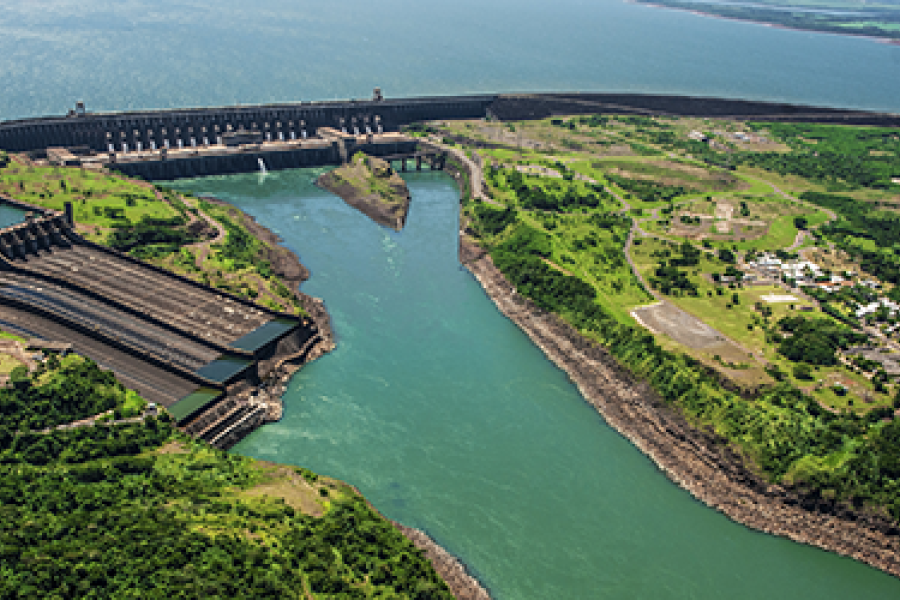Regional Workshop " Using SDG 6 Policy Support System (SDG-PSS) to facilitate countries in Latin America and the Caribbean for water-related sustainable development"
Work area(s)
Teaser
On March 4 and 5, 2020, in San José, Costa Rica, the Regional Workshop " Using SDG 6 Policy Support System (SDG-PSS) to facilitate countries in Latin America and the Caribbean for water-related sustainable development" was carried out.
Event information

Date
4 - 05 Mar 2020, 14:45Event type
On March 4 and 5, 2020, in San José, Costa Rica, the Regional Workshop " Using SDG 6 Policy Support System (SDG-PSS) to facilitate countries in Latin America and the Caribbean for water-related sustainable development" was carried out. The event was organized by the United Nations University Institute for Water, Environment and Health (UNU-INWEH) and the United Nations Office for Sustainable Development (UNOSD) in collaboration with the Ministry of Environment of the Republic of Korea (MOE), the Korea Environment Corporation (K-eco) and national partners from Costa Rica.
The regional workshop was attended by participants from Brazil, Colombia, Chile, El Salvador, Guatemala, Mexico, Panama, Paraguay, Saint Kitts and Nevis, and Trinidad and Tobago, the host country, Costa Rica and various United Nations organizations, international and regional (UNU-INWEH, UNOSD, UN-Water, UNDP and ECLAC). The objective of the workshop was to discuss how the SDG-PSS can be used to produce critical evidence on the enabling environment of SDG 6. The workshop also provided a perspective of global mechanisms for monitoring SDG 6 and regional issues on water and sanitation, with a focus on the Costa Rica’s progress for SDG 6 and the implementation and use of SDG-PSS in the country. The structure of the workshop was divided into eight sessions, generating spaces for discussion among the participants to share experiences.
Marina Gil, from the Water and Energy Unit of the Natural Resources Division of ECLAC, participated in session II with her presentation on the " Status of SDG 6 achievement in the Latin America and the Caribbean", she presented an overview of the context of the region concerning to the progress of compliance of the SDG 6 and the challenges and opportunities of the region. She emphasized that while water resources are abundant in the region compared to the rest of the world, water stress in the most populated and economically active areas is high or extremely high. Another relevant aspect was that even though the region has access to at least basic water services, the challenge of increasing safely managed services is still present, and especially the challenge of reducing gaps in rural zones. She also pointed that there is still a long way forward on issues such as wastewater, the loss of ecosystems, the need of increasing the implementation of integrated water resource management systems and the generation of public policies that encourage promoting the generation of data that represents the realities of countries.
